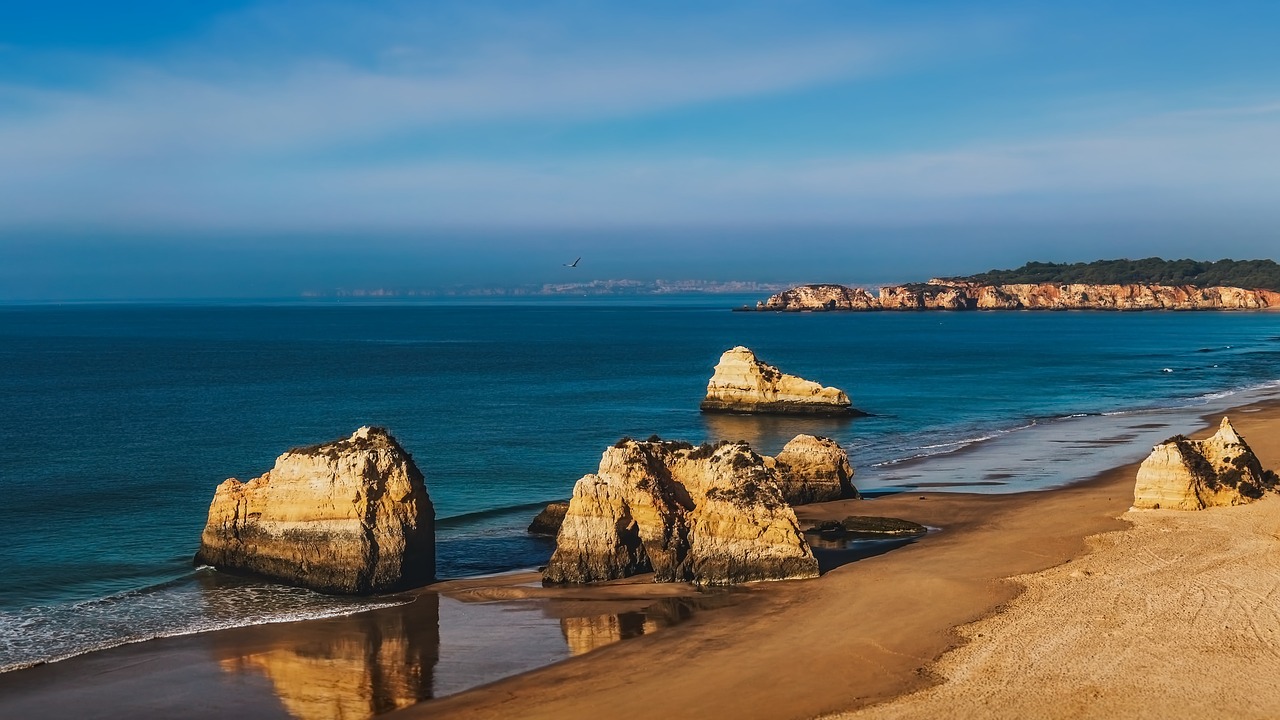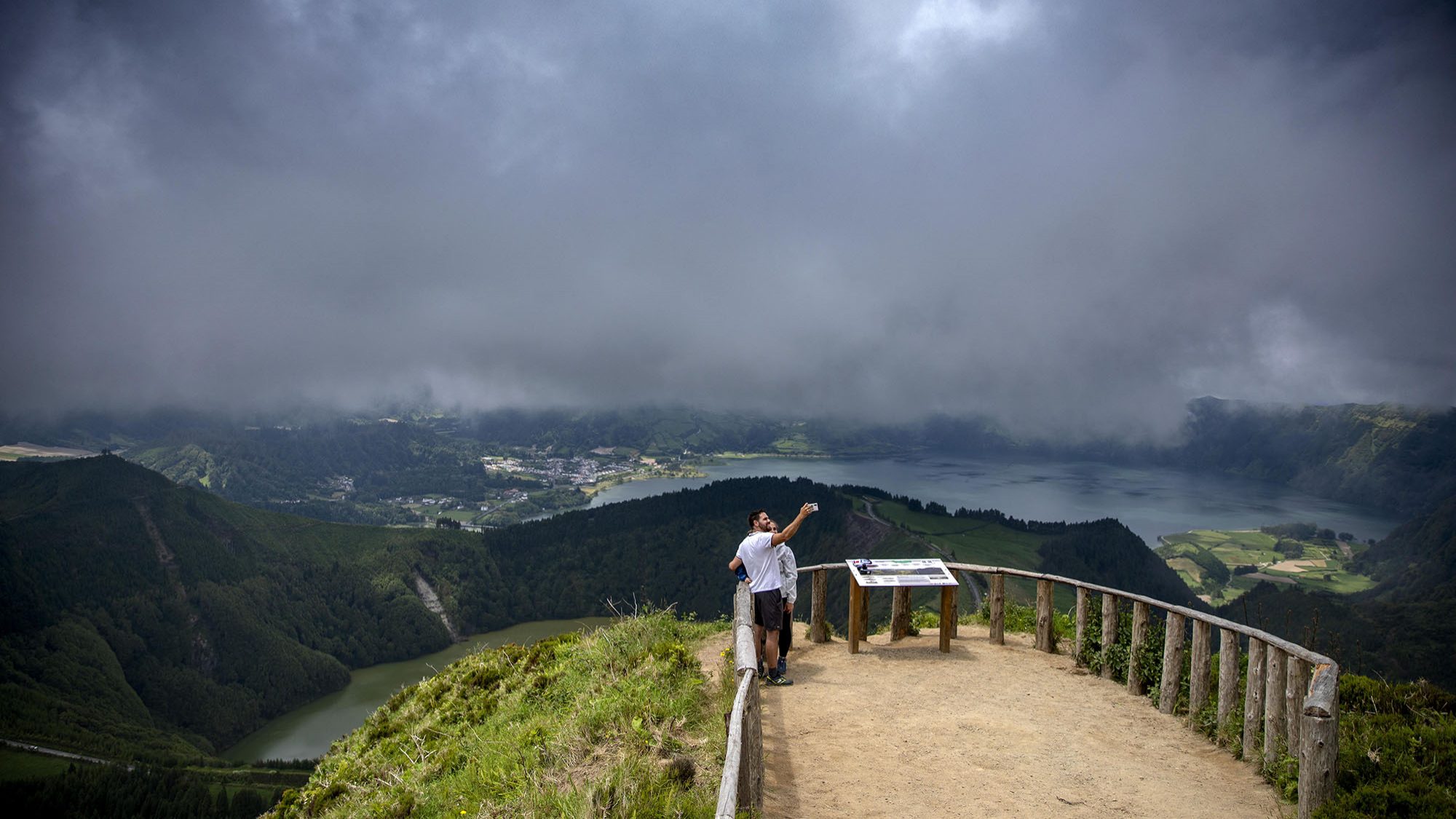Supply not matching post pandemic tourism demand
The growth in tourism demand in the post-pandemic is not being accompanied by full recovery of supply.
The exponential growth in tourism demand in the post-pandemic of Covid-19 is not being accompanied by full recovery of supply, creating management problems, revealed a scientific study released on Tuesday by the University of Coimbra (UC).
According to the UC, in a note sent to Lusa news agency, the study “gathered and analysed several scientific contributions on the abrupt halt of the tourism industry because of the Covid-19 pandemic, and the potential of this interruption to rethink tourism strategies.
On the other hand, the scientific article, entitled “Tourism Sustainability and COVID-19 Pandemic: Is There a Positive Side?”, identified “a set of good practices that can contribute to the financial, social and environmental sustainability of tourism.”
Cited in the note on the relevance of bringing the issue of tourism to the discussion in the post-pandemic Covid-19, Cláudia Seabra, a lecturer at the Faculty of Arts, University of Coimbra (FLUC) and researcher at the Centre for Geography and Spatial Planning Studies (CEGOT) and coordinator of the study, stressed that “the exponential growth in demand is not being accompanied by full recovery of supply, creating management problems, overloading, lack of manpower, congestion at airports, among others.
The statement stressed that “the pre-existing excess of tourism, the environmental footprint of aviation and the unbalanced relationship between tourists and residents” still exists.
Cláudia Seabra considered it necessary to “deal with health and environmental challenges, to create a climate change neutral world in the post-pandemic era, which are also major challenges, in order to boost the tourism industry”.
The “main” good practices identified in the scientific work include “listening to the new concerns of customers” and “providing personalised travel services,” as well as “stimulating innovation and creativity in tourism services.”
The study also defended “the promotion and maintenance of travel bubbles,” translated by the “existence of circulation corridors that allow for cooperation between regions and countries.”
Other “much needed practices” include, among others and according to the FLUC/CEGOT researcher, to maintain the reduction of tourism’s environmental footprint, to stimulate the discovery of alternative travel destinations and domestic tourism, to give more emphasis to safety and hygiene issues and “to participate in more balanced practices of managing social relations between tourists and receiving communities.”
Another measure advocated by Cláudia Seabra is to “interrupt the pre-pandemic scenario of ‘overtourism’ (excess tourism demand).”
To “help tourism in the post-pandemic”, the FLUC lecturer pointed out strategies, which include the use of alternative modes of transport, reducing dependence on aviation and meeting safety and quality standards, conservation and rational use of resources, inducing responsible behaviour among tourists and communities and also the use of available infrastructure instead of additional construction.
On the “challenges of the applicability of good practices” set out in the study, the researcher argued that, at the current time, companies and managers in the tourism area “quickly need to recover profit”.
“However, tourists are now more demanding and want quality and safety. On the other hand, residents in tourist destinations have also become more critical and demand respect for their space and their role in tourism activity,” she noted.
In this context, argued Cláudia Seabra, “companies and destination managers need to undertake long-term planning that is not reduced to the recovery of profit, but that passes through sustainable operating tactics.”
The results of the study now released aim to “contribute so that tourism in the post-pandemic is not just a temporary relief of pre-existing unsustainable practices.”

